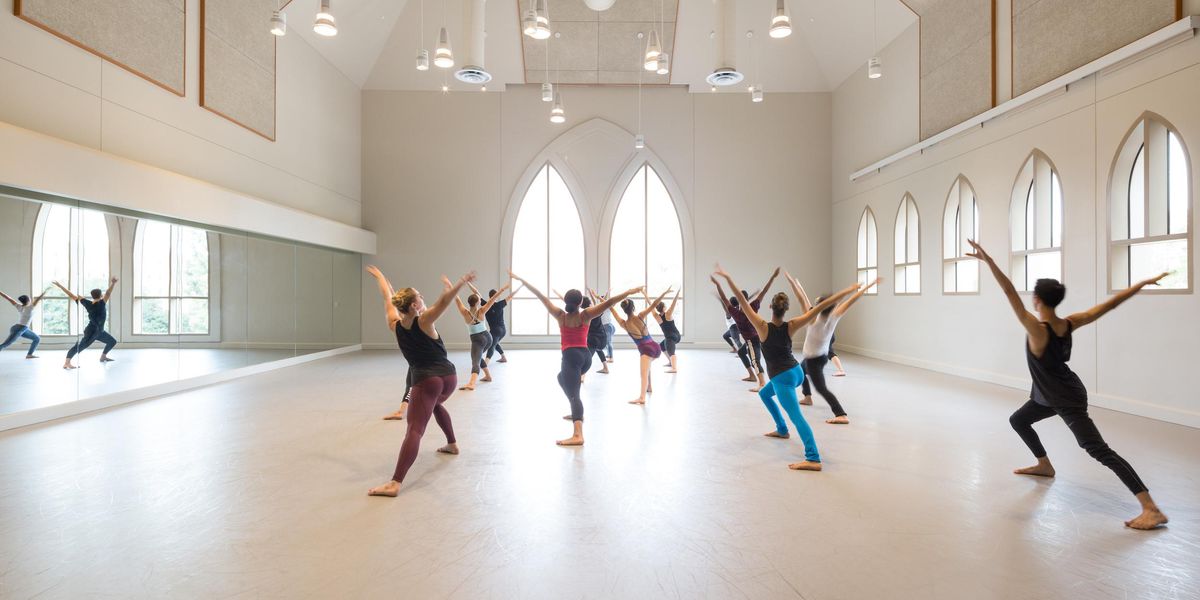7 Things Your Agent Wishes You Knew
If you’re not booking the jobs you want, don’t assume it’s a reflection of your talent. All too often, the most gifted performers get passed up for the ones who know how to work the industry better. Mistakes you don’t even realize you’re making could be interfering with your success.
To help you get out of your own way, Dance Magazine asked Pete Engle, dance department director at Clear Talent Group, what advice he wishes all of his clients would follow. Founded in 2003 by former dancer and longtime agent Tim O’Brien, CTG is one of today’s leading agencies for dance and choreography (in addition to other fields), with offices in Los Angeles, New York and New Orleans, as well as partnerships in Chicago and Atlanta. High-profile dance clients run the gamut from contemporary whiz-kid Travis Wall to mesmerizing Memphis jooker Lil Buck to ballet/hip-hop standout Ebony Williams. Agents work closely with the dancers—often offering these very tips—to make sure they are as prepared as possible whenever an opportunity arises.
1. Snap out of class mentality.
“There is a difference between taking a class and auditioning. In class, you’re dancing for yourself: You’re kind of internal, looking in the mirror, making adjustments. Dancers go to a lot more classes than they do auditions, so it’s more comfortable to work this way. But in an audition, you need to turn that into an external performance.”
2. Don’t fight your niche.
“A lot of people want to be something they’re not. We had a dancer who was 25 but looked 14. She tried to make herself sexier, and kept auditioning for sexy tours. But, like it or not, this is an image-based world. Once she realized that in this industry you need to be what people see, she booked all the time. She just booked different stuff—Nickelodeon, Disney, Disney artist tours. Know your place in the market and figure out how to present that.”
3. Go to conventions—even if you think you’re too old.
“Commercial choreographers used to teach in the major L.A. studios. But now, a lot of them only teach at conventions—they’re on PULSE, NUVO, JUMP, Monsters. We’ve started telling our clients to consider taking class at conventions. If you can stand out, we know for a fact that choreographers at The PULSE have hired dancers. Monsters is great for professionals on the hip-hop side. If you have a friend who knows the choreographer, take them too so they can introduce you personally.”
4. Don’t show up without getting the inside scoop.
“Figure out what the casting director is looking for. Research who they’ve hired in the past. Think about the history of this choreographer: Go on YouTube, become aware of their style, their look. And dress like you’re going to be on their stage. You want to take away the imagination of the casting table. If people have to think about what you would look like in their performance, they will already be looking at the next person.”
5. Improve how fast you pick up phrases.
“At auditions, they don’t give you an hour to run through the choreography and let it sit in your body. They want people who can learn, internalize quickly, then perform. If you’re not able to do that fast enough, you need to be taking more classes to train your muscle memory. And they need to be classes that challenge you. Too many dancers just take the classes their friends take, or the ones they feel really good in. If you haven’t been in ballet in six months, guess what? Ask yourself, Am I just taking the classes I like, or the ones I need?”
6. Match your materials to your goals.
“Does your agency have everything they possibly need to market you to the industry? We’ll have dancers not booking because they’ll either have zero pictures for us to submit or they’ll have the wrong type of photos. If you have sexier pictures, that’s not going to book you a Disney job. Update your materials. It’s possible that an edgier look might help you book more tours—but if you shave one side of your head, that means we can no longer submit photos of a girl with long, curly hair.”
7. If jobs aren’t coming, be proactive.
“Have a meeting with your agent if you’re frustrated. We always tell dancers you have to control everything in your control. You can’t do anything about your height or ethnicity, but you can control your performance capability, how good you are at picking up choreography, what your body looks like, what your hair looks like, the clothes you wear, the energy you’re putting out. And sometimes, you just need to give it time. It can take a year or two of maturing before you can confidently walk in a room, take charge of the space and show who you are as a dancer.”





